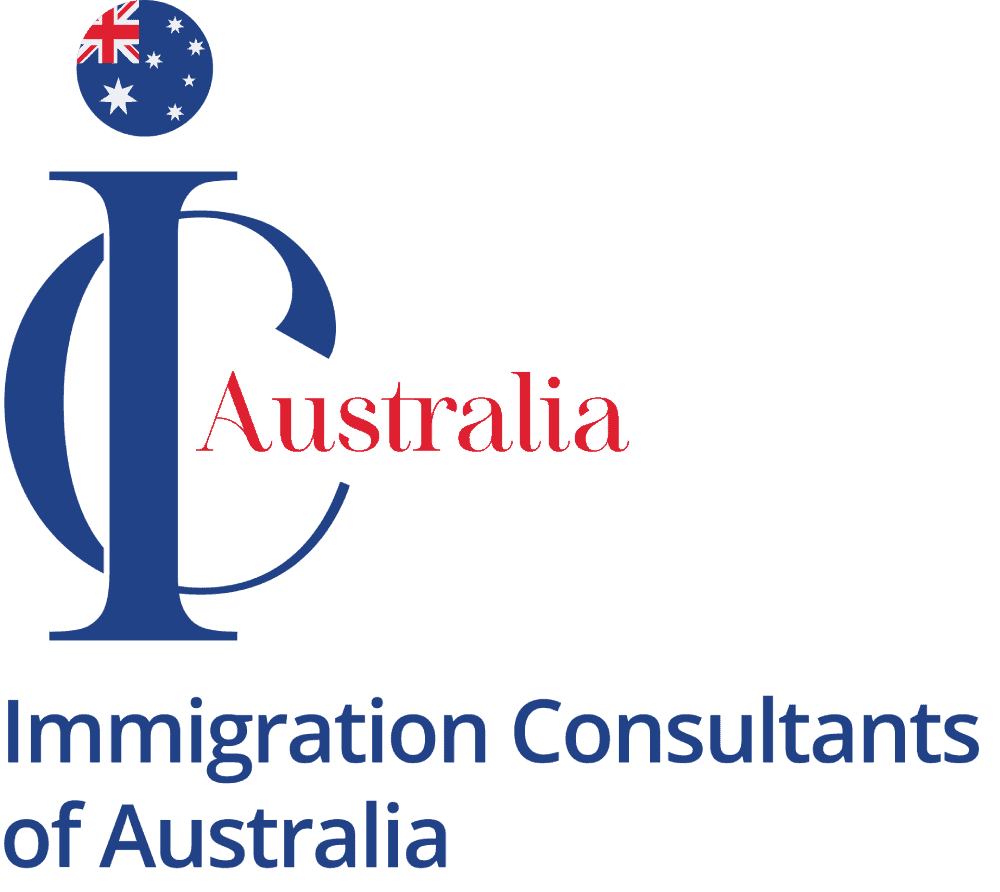Australia’s tech scene isn’t just booming — it’s exploding. From cybersecurity to cloud architecture, the country’s digital economy is outpacing local talent supply at record speed. That’s why IT jobs in Australia for skilled migrants are among the most promising opportunities to live and work Down Under in 2026 and beyond.
If you’re an IT professional dreaming of sunny cities, meaningful work, and a better work-life balance (with beaches instead of burnout), now might be your moment to make the move.
Why Australia Is Calling for Global Tech Talent
The Australian Computer Society (ACS) projects a shortfall of over 100,000 technology professionals by 2026 (acs.org.au). That’s across everything from AI and data science to cybersecurity, cloud computing, and software engineering.
The government knows this — and it’s responding fast.
Many IT occupations appear on both the Skilled Occupation List (SOL) and Priority Migration Skilled Occupation List (PMSOL), giving tech professionals a clear advantage in visa processing and sponsorship.
Put simply: for anyone looking for IT jobs in Australia for skilled migrants, there’s never been a better time.
The Most In-Demand IT Jobs in Australia Right Now
Here are some of the tech roles seeing consistent demand across the country:
Software Engineers & Developers – particularly full-stack, front-end, and mobile app specialists.
Cybersecurity Analysts – with demand surging due to new national cybersecurity frameworks.
Data Scientists & Analysts – to help businesses turn big data into better decisions.
Cloud Engineers & DevOps Specialists – supporting the rise of hybrid infrastructure models.
Network & Systems Administrators – essential across both enterprise and government sectors.
AI & Machine Learning Engineers – one of the fastest-growing areas under the Global Talent Visa.
According to joboutlook.gov.au, ICT professionals enjoy median weekly earnings of over AUD 2,000 and some of the strongest employment growth projections in Australia’s economy.
So whether you’re a coder, analyst, or tech lead, there’s an expanding pool of IT jobs in Australia for skilled migrants waiting to be filled.
Best Visa Pathways for IT Professionals
🧭 Skilled Independent Visa (subclass 189)
Perfect for tech workers without employer sponsorship. It’s points-based, meaning your age, English ability, and qualifications matter. A top pick for experienced professionals with solid credentials.
🤝 Skilled Nominated Visa (subclass 190)
Requires state or territory nomination. Many regional governments actively seek IT specialists to boost their digital infrastructure. For example, New South Wales and Victoria regularly update priority lists including software engineers and analysts.
🏙️ Skilled Work Regional (Provisional) Visa (subclass 491)
If you’re open to regional living (hello, Adelaide or Hobart), this visa can fast-track your journey to Permanent Residency. Regional tech hubs are growing rapidly, and demand is often higher outside major cities.
💼 Employer Nomination Scheme (subclass 186)
For those with a job offer from an approved employer. This pathway allows you to transition directly to Permanent Residency after working in Australia for a set period.
🌏 Global Talent (Independent) Visa (subclass 858)
Designed for exceptional candidates in target sectors such as AI, FinTech, quantum computing, and cybersecurity. High-salary or globally recognised professionals can bypass traditional points testing.
For official reference, visit the Department of Home Affairs.
Salary Expectations: What IT Professionals Earn in Australia
Australia rewards its tech specialists handsomely — and not just with sunshine.
Here’s a rough breakdown (based on seek.com.au and payscale.com):
| Role | Average Annual Salary (AUD) |
|---|---|
| Software Engineer | $90,000 – $135,000 |
| Data Analyst | $80,000 – $110,000 |
| Cybersecurity Specialist | $100,000 – $150,000 |
| Cloud Engineer | $110,000 – $160,000 |
| IT Project Manager | $120,000 – $170,000 |
For those exploring IT jobs in Australia for skilled migrants, these figures often exceed equivalent salaries in the UK, Europe, or Asia — especially when balanced with Australia’s cost of living and work-life culture.
What Makes a Successful Application?
To stand out, make sure you tick these boxes before applying:
Skills Assessment: Get yours done through the Australian Computer Society (ACS).
Strong English Proficiency: IELTS 7.0 or higher is ideal.
Work Experience: At least 3–5 years in your role strengthens your case.
Updated Résumé: Tailor it to Australian job standards — concise, results-driven, and achievement-focused.
State Nomination Strategy: Keep an eye on states regularly updating IT occupation lists (liveinmelbourne.vic.gov.au and migration.sa.gov.au).
The Lifestyle Factor
Tech professionals moving to Australia aren’t just chasing salaries — they’re chasing balance.
Imagine:
A morning surf before your first stand-up meeting.
A quick espresso at a beach café before debugging code.
And a 4-day work week becoming the norm in some digital firms.
Australia’s startup culture is thriving — collaborative, innovative, and genuinely laid-back. If you’ve been craving a fresh start without sacrificing your career, this is your playground.
FAQ
❓ Is Australia still sponsoring IT professionals in 2026?
Yes. The demand is stronger than ever. Skilled IT roles remain on multiple government lists for both temporary and permanent migration streams.
❓ Do I need an employer to move to Australia as an IT professional?
Not necessarily. Independent and state-nominated visas allow skilled migrants to apply without employer sponsorship. However, sponsorship can speed up processing.
❓ Can I get PR after working in Australia?
Absolutely. Many skilled migration and regional visas directly lead to permanent residency after two to three years of work.
❓ Are remote workers eligible?
Usually not. You need a genuine Australian employer or the intent to live and work physically in Australia.
Ready to Build Your Tech Career in Australia?
The global tech race is on — and Australia is throwing open its doors to skilled professionals ready to innovate, create, and grow.
If you’re serious about turning your IT expertise into a permanent life change, start exploring your options now. There’s no shortage of IT jobs in Australia for skilled migrants, but the best opportunities go to those who plan early and get professional guidance.
Book a consultation today and find out which visa fits your skills, salary, and goals best.


